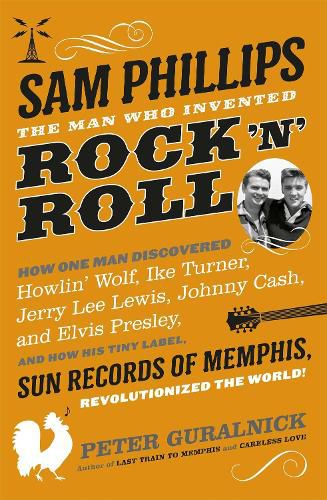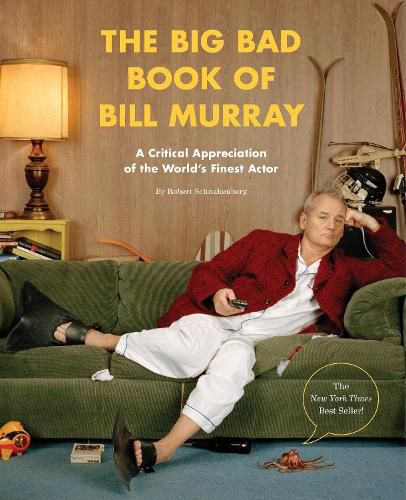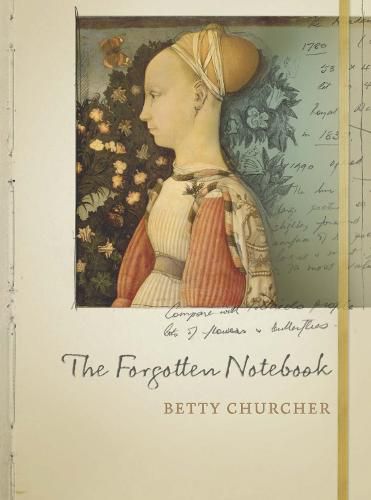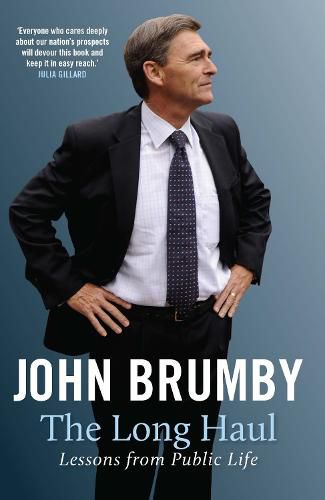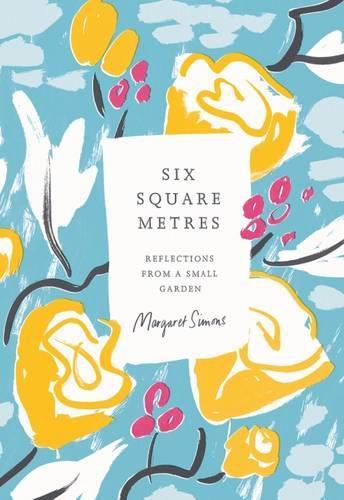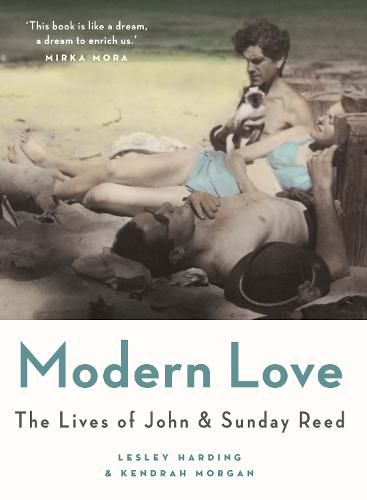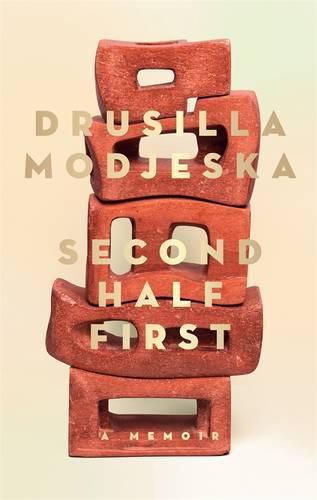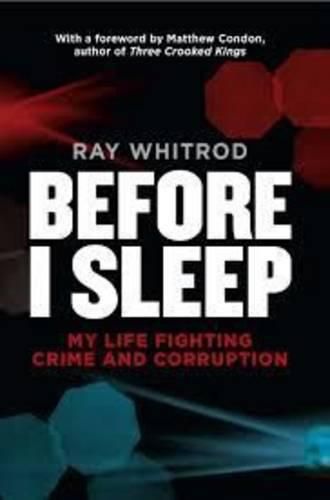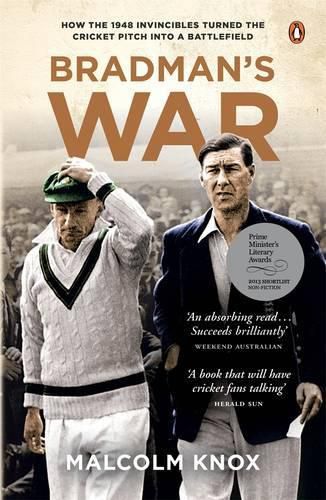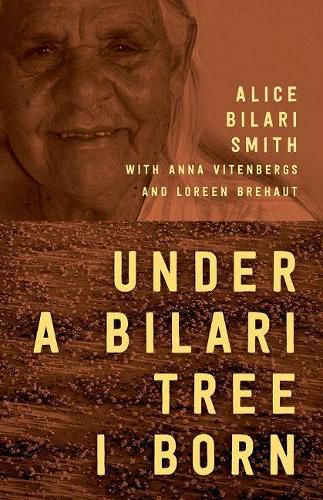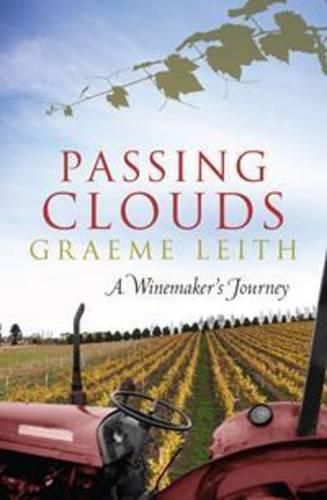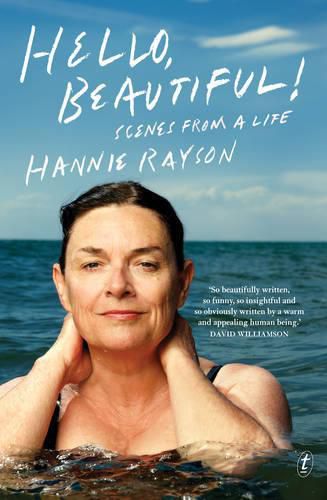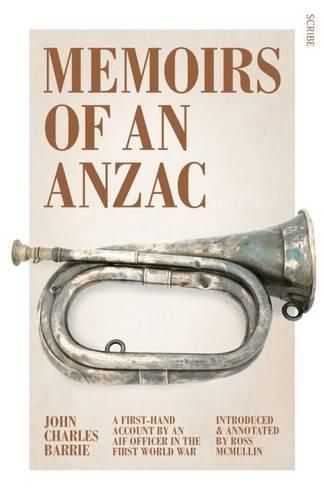After the Blast: An Australian officer in Iraq and Afghanistan
Garth Callender
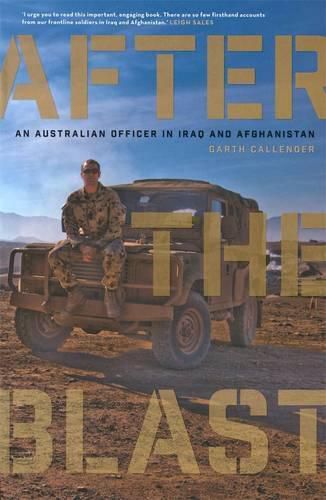
After the Blast: An Australian officer in Iraq and Afghanistan
Garth Callender
A very Australian story of heroism and healing.
In 2004 Garth Callender, a junior cavalry officer, was deployed to Iraq. He quickly found his feet leading convoys of armoured vehicles through the streets of Baghdad and into the desert beyond. But one morning his crew was targeted in a roadside bomb attack. Garth became Australia’s first serious casualty in the war.
After recovering from his injuries, Garth returned to Iraq in 2006 as second-in-command of the Australian Army’s security detachment in Baghdad. He found a city in the grip of a rising insurgency. His unit had to contend with missile attacks, suicide bombers and the death by misadventure of one of their own, Private Jake Kovco.
Determined to prevent the kinds of bomb attacks that left him scarred, Garth volunteered once more in 2009 - to lead a weapons intelligence team in Afghanistan. He was helicoptered to blast zones in the aftermath of attacks, and worked to identify the insurgent bomb-makers responsible.
Revealing, moving, funny and full of drama, Garth Callender’s story is one of a kind.
Review
Amy Vuleta
As I read this memoir of an Australian soldier’s experience in Iraq and Afghanistan, I have the slow and steady impression that this is a different, and specifically modern, kind of war story. While Callender’s account makes it clear that being at war is made up of extremes, intensity, and adrenaline in the moment, the focus is on the aftermath of an attack, the post-traumatic condition, and the often lethargic bureaucratic processes surrounding the day-to-day of the occupying forces in the Middle East. In this way, After the Blast is about the moments and spaces in between, leading up to, and after the action. Upon deployment, Callender writes, ‘We went to war like so many soldiers of my generation – by commercial air travel.’ Towards the end of his account, Callender describes cases of post-traumatic stress disorders: from those in charge who bear the weight of their decisions so heavily, and those not physically injured at the time of a blast, but whose wounds endure far beyond the end of their military service.
Callender’s prose is colloquial yet articulate and nuanced, and his observations acute and canny. His account is divided into three parts, describing his three deployments, to Iraq in 2004 and 2006, and to Afghanistan in 2009. He is badly injured in an IED (Improvised Explosive Device) blast during his first deployment, but he volunteers again and again.
In The Missing of the Somme, Geoff Dyer writes about war as a great fracturing event in cultures, history, and lives. Everything that happened before is so thoroughly and irrevocably cleaved from that which comes afterwards; our relationship to the time before is rendered untouchable and pure, like a memory of youth. The fracturing event of the long, protracted war in the Middle East is, for those living through it in the present era, a blast in ultra-slow motion. For most of us in Australia, this time immediately ‘after the blast’ will be characterised by the marked absence of effect, probably for a very long time. And that, I believe, is where Callender’s account comes in – it tells the story of Australian soldiers in Iraq and Afghanistan in a way that is real, relatable and, importantly, present.
This item is not currently in-stock. It can be ordered online and is expected to ship in 7-14 days
Our stock data is updated periodically, and availability may change throughout the day for in-demand items. Please call the relevant shop for the most current stock information. Prices are subject to change without notice.
Sign in or become a Readings Member to add this title to a wishlist.



